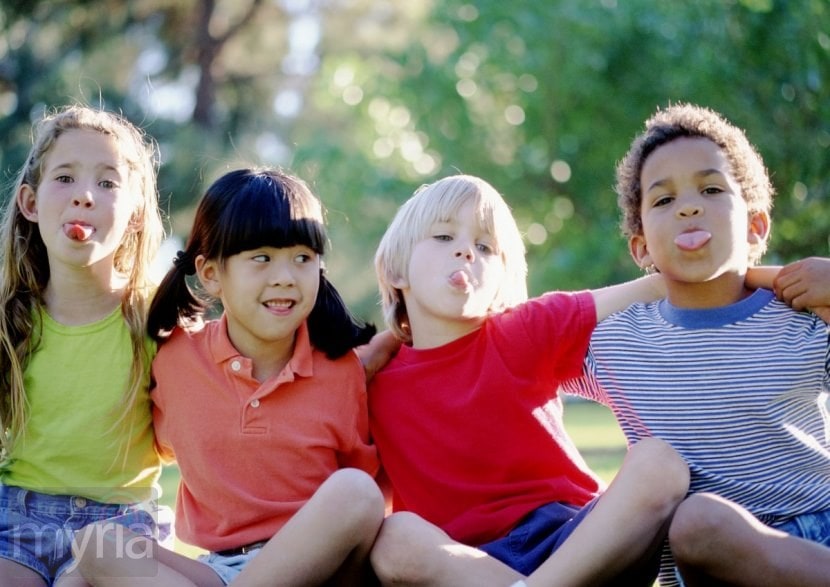Forming healthy friendships is often seen as a crucial skill for a child – but one that’s rarely explicitly taught. Here’s what science can tell us about those vital bonds.
For many of us, the coronavirus pandemic revealed who our closest friends are. Deprived of social opportunities to interact with a wider group, we became more reliant than ever on a small group of confidants. For children, the situation was even more dramatic, especially for those too young to enjoy Zoom calls. Many missed their social circle – especially their best friends.
These friends aren’t just people we enjoy hanging out with, they are the ones we trust completely.
But we programmed to have best friends?
Research shows there are strong evolutionary benefits which explain why we choose to form such close social bonds with others. However, the precise nature of those bonds can vary considerably – and understanding this diversity can offer much comfort and hope to those yearning for a best friend, and struggling to find one.
“The best bang for your buck is to have good friends; it helps you fight off the lions,” -Denworth
We often forget to honor the different styles and personalities of our children and try to make them all fit one mold. This tendency can be most blatant when it comes to the secret dream of most parents-to have popular children. Some children are quiet and passive, some are active and assertive, some choose conventional lifestyles, and some choose unique lifestyles.
A parent-child bond is one of the special ones in the world. While some might think strictness and discipline will help them raise their kids better, there are many who think being their kid’s friend should be given utmost importance. No matter which category of parents you belong to, you can do both things at the same time- being your child’s best friend and raising them well.

While some studies define best friendship as involving only one special friend, the findings generally suggest that it is the quality and reciprocity of the relationship that is the beneficial factor, rather than the number of friends involved.
Such bonds can play a vital role in helping children cope with challenges in their lives and overcome adversity, research shows. Children who have a best friend tend to experience less loneliness and depression and greater self-worth. One study found that having close, supportive friends can help children from low-income backgrounds cope better with difficult circumstances.











